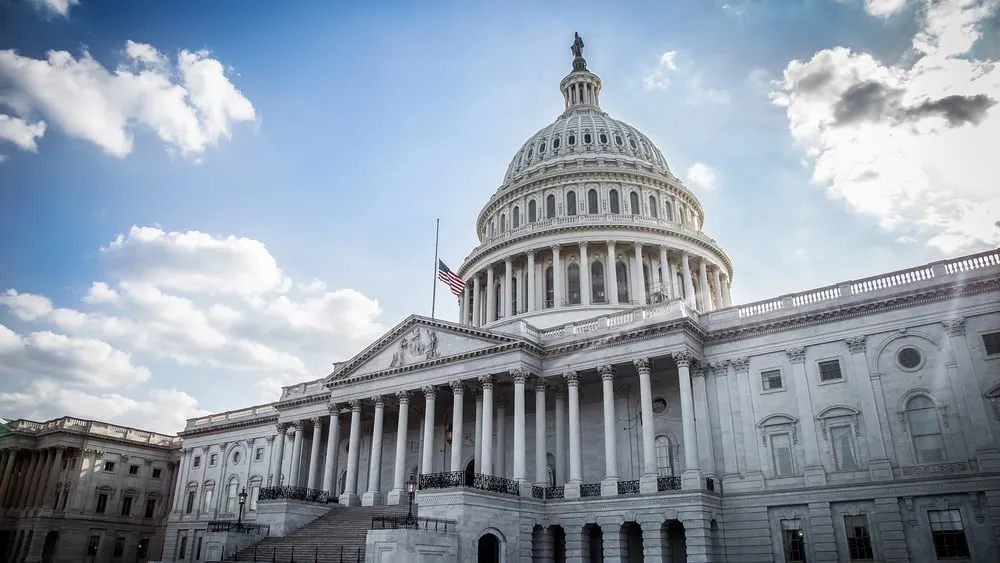The legislative debate surrounding two key crypto bills will intensify on Capitol Hill, with lawmakers in both chambers of Congress scheduled to discuss key digital asset issues.
On Wednesday, the Senate Committee on Banking, Housing, and Urban Affair will be “exploring bipartisan legislative frameworks for digital assets.”
The House Financial Services Committee will hear testimony on stablecoins and central bank digital currencies, or CBDCs on March 5.
While bipartisan calls to pass crypto bills increased on The Hill last year, key Republicans, eager to fulfill 2024 campaign promises to the digital assets industry, have been among officials pressing crypto-friendly legislation recently.
Earlier this month, Senate Banking Committee Chairman, Rep. Tim Scott (R-SC), promised to pass a market structure bill and regulatory framework for stablecoins—within the first 100 days of President Donald Trump’s crypto-friendly regime.
The Financial Innovation and Technology for the 21st Century Act, or FIT21, was passed by House lawmakers last year. However, with a new Congress in session, the market structure bill will need approval from House lawmakers again before moving to the Senate.
Legality for stablecoin issuers
Meanwhile, momentum has been building around the GENIUS Act, which would provide a federal pathway to U.S. legality for stablecoin issuers, including Tether and Circle.
CBDCs resemble stablecoins as assets pegged to the price of a fiat currency, such as the U.S. dollar. But they are maintained by their respective governments or central banks, as opposed to being issued by private companies on public networks.
Trump stumped against CBDCs on the campaign trail last year, warning they would grant the government sweeping control of Americans’ finances. Rep. Tom Emmer (R-MN), a crypto advocate, has previously pushed to ban the Federal Reserve from issuing a CBDC without Congressional approval.
Bill Hagerty (R-TN) introduced a version of the GENIUS Act in the Senate this month. While the bill’s text hasn’t been made public yet, the legislation has been referred to the Senate Committee on Banking for further review and debate.
Republicans hold a Senate majority, but they will need help from several Democrats in mustering the 60 votes required for passing most legislation.
On Thursday, Hagerty referenced growing partisan conflict on Capitol Hill in a video posted to X (formerly known as Twitter), accusing Democrats of “doing everything they can to stop us from implementing President Trump’s agenda.”
Meanwhile, Sen. Elizabeth Warren (D-MA), the top Democrat on the Senate Banking Committee has come out against Hagerty’s stablecoin bill. The longtime crypto critic said the legislation lacks “strong consumer protections and guardrails against money laundering,” per Punchbowl News.
Edited by James Rubin

